Renaissance and the Age of Discovery: An Intertwined Journey of Exploration
In Europe during the 14th to 17th centuries, the Renaissance was in full swing, emphasizing humanism and encouraging people to pursue knowledge and truth. At the same time, an epoch-making event, the Age of Discovery, also began during this period. The Renaissance and the Age of Discovery, though seemingly unrelated historical events, are actually deeply intertwined. Firstly, the Renaissance provided the intellectual foundation for the Age of Discovery. During this period, European scholars devoted themselves to reviving classical culture, translating and studying the classical works of ancient Greece and Rome. These works contained rich geographical knowledge, providing valuable information for later explorers. Meanwhile, technological advancements during the Renaissance also provided technological support for the Age of Discovery. For instance, improvements in nautical instruments like the compass and sextant enabled navigators to determine directions and routes more accurately. Secondly, the Renaissance sparked people's curiosity and desire to explore the unknown world. Artists, scholars, and explorers ventured out of their countries in search of new knowledge and experiences. This open and inclusive spirit provided a powerful impetus for the Age of Discovery. It was under this spirit that great navigators like Christopher Columbus and Ferdinand Magellan embarked on their voyages of discovery. The process of the Age of Discovery was also a process of knowledge dissemination and cultural exchange. With the opening of new routes and the discovery of new continents, trade and cultural exchanges between Europe and other regions became increasingly frequent. This not only promoted economic development in various regions, but also broadened people's knowledge horizons. At the same time, the Age of Discovery also provided new materials and inspiration for the Renaissance. Many explorers recorded valuable information about local customs, flora, fauna, and other resources during their travels, providing rich research materials for later scholars. In conclusion, the Renaissance and the Age of Discovery are two intertwined and mutually influential historical events. They jointly promoted the progress and development of European society and left a precious legacy for human history. By understanding the connections between these two events, we can gain a deeper understanding of the social landscape and cultural atmosphere of the European Renaissance period.
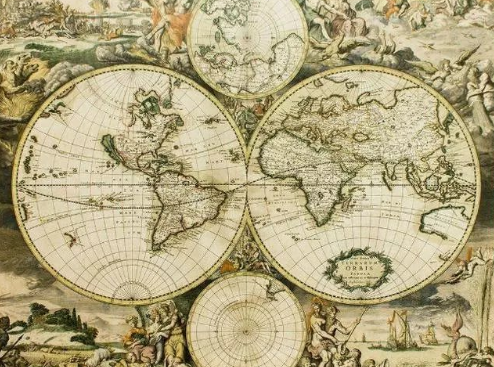
Disclaimer: The above content is sourced from the internet and the copyright belongs to the original author. If there is any infringement of your original copyright, please inform us and we will delete the relevant content as soon as possible.
Guess you like it
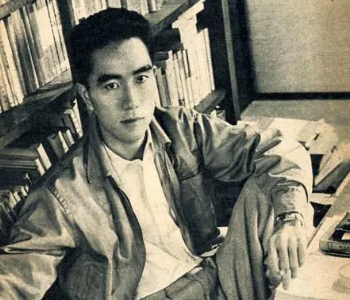
Why did Yukio Mishima choose to commit suicide? What were the reasons?
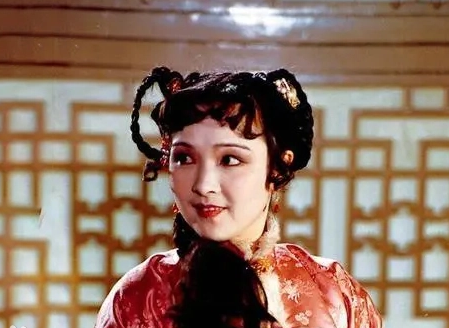
A Dream of Red Mansions: Interpretation of Xue Baoqins Ending

The Qin Shi Huang and Zhao Ji/Lao Ai Incident: The Truth of History and the Representation in TV Series
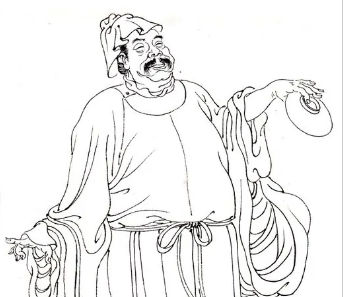
How do you pronounce "Shèng Mào"? What is the correct pronunciation of "Shèng Mào"?
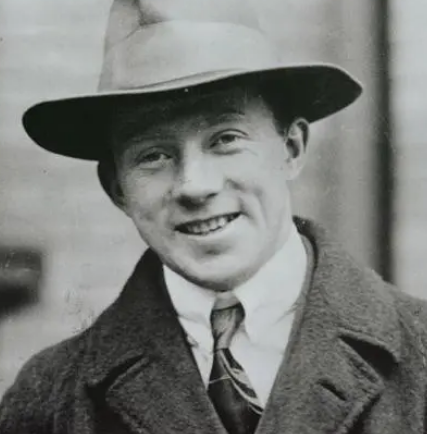
The pioneer of exploring the quantum world - Heisenbergs influence in the physics community
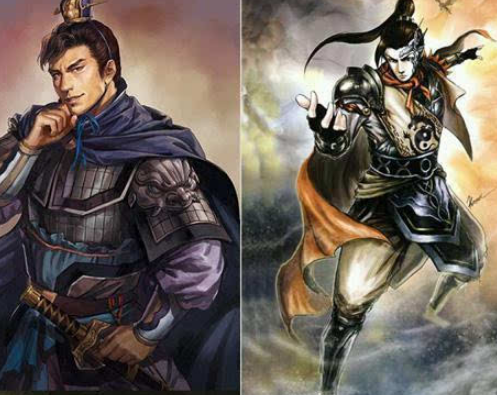
Two outstanding generals in the history of the Three Kingdoms: Jiang Wei and Deng Ai.
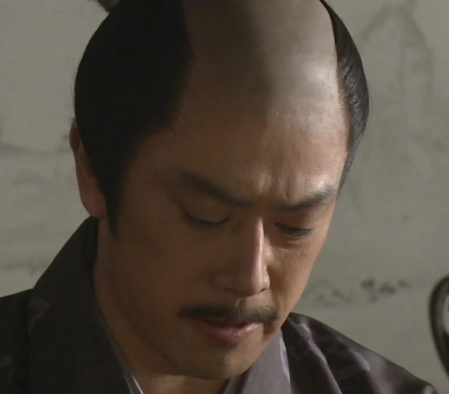
The Multi-faceted Life of the Hero of Japans Warring States Era - Toyotomi Hideyoshi
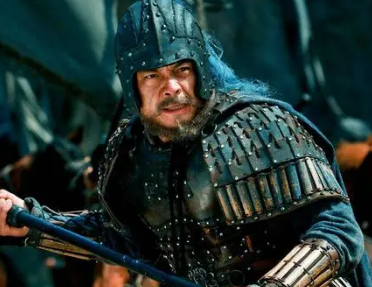
Wei Yan was favored by Liu Bei: Exploring the reasons for his talent and high esteem
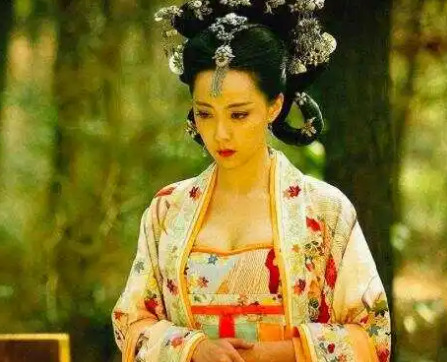
The Princesses of the Tang Dynasty: The daughters of Emperor Taizong Li Shimin
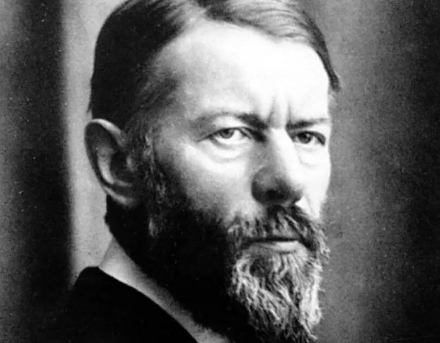
Rationalization and Bureaucracy: Theoretical Contributions of Max Weber









